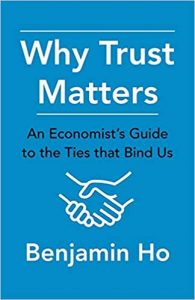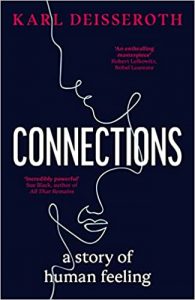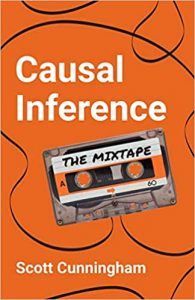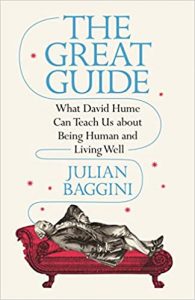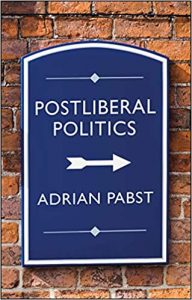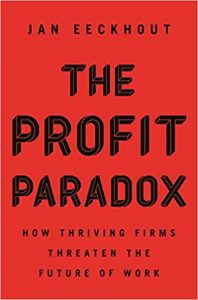A clutch of books to report on. Why Trust Matters: An economist’s guide to the ties that bind us by Benjamin Ho is a nice synoptic view of the economics of trust/social capital. One point that particularly struck me was the link between trust and patience: “co-operative behavior is easier to maintain when people value the future more – which is just another way of saying that they are more patient.” Perhaps it should be obvious but I hadn’t made the link. I also like the idea of a sort of Goldilocks level of the strength of contracts: not too weak or it becomes to risky to engage in the economic relationship; but also not too strong because trust can’t grow if there’s no opportunity to demonstrate trustworthiness. After all, trust is only needed because there is risk. This would be a nice book to introduce students to a wide literature on trust, social capital, game theory and contracting under uncertainty and asymmetric information. It braids bits of the literature together with a light touch.
Causal Inference: The Mixtape by Scott Cunningham is an excellent text book. It joins both the Angrist and Pischke duo of books (Mostly Harmless Econometrics and Mastering Metrics) and Judea Pearl’s Book of Why in the recent mini-wave of excellent introductions to causal inference. ‘Mixtape’ has as much statistical theory as you need and also includes both Stata and R code for student exercises.
And an utterly brilliant non-econ book I just read is Karl Deisseroth’s Connections: A Story of Human Feeling. He is both a neuroscientist running a lab at Stanford, famous for inventing optogenetics (no, me neither) and a practising psychiatrist. The book moves between the scientific insights and the human stories, showing how they illuminate each other. It’s also beautifully written. One of my books of 2021 so far.

